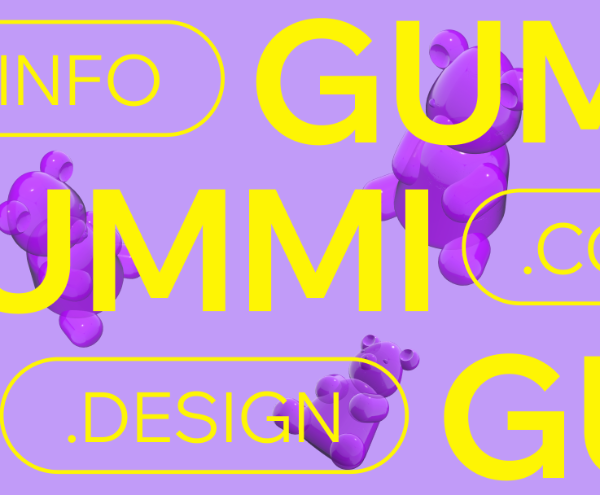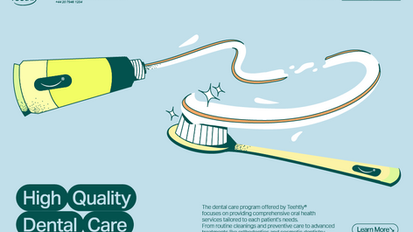Quick Web Development Certificate Guide
Web Development Certificate Explained
Web Development Certificate
In today’s digital age, having a strong online presence is crucial for businesses to succeed. A well-designed website can help attract and retain customers, showcase products and services, and establish credibility and authority in the industry. As technology advances and consumer preferences evolve, web design trends are constantly changing. To stay competitive, businesses need to stay up-to-date with the latest trends and incorporate them into their website design.

What Is Web Development Certificate?
Web Development Certificate
As search engines like Google continue to prioritize high-quality, relevant content in their search results, businesses that invest in content marketing SEO are more likely to see success in their online marketing efforts. By creating content that is optimized for specific keywords and provides value to their target audience, businesses can increase their visibility in search engine results pages (SERPs) and attract more potential customers to their websites.
Here are some key tips for effectively implementing content marketing SEO strategies:
1. Conduct keyword research: Before creating any content, it’s important to conduct thorough keyword research to identify the most relevant and high-traffic keywords for your industry. By targeting the right keywords in your content, you can improve your chances of ranking higher in search results and attracting more organic traffic to your website.
2. Create high-quality, engaging content: Content marketing SEO is not just about stuffing keywords into your content – it’s about creating valuable, engaging content that provides value to your target audience. By creating content that addresses the needs and interests of your audience, you can increase engagement, build trust, and improve your chances of ranking higher in search results.
3. Optimize your content for SEO: Once you’ve created your content, it’s important to optimize it for search engines. This includes optimizing your title tags, meta descriptions, headers, and image alt text with relevant keywords, as well as incorporating internal and external links to other relevant pages on your website.
4. Focus on quality over quantity: While it’s important to consistently produce new content for your website, quality should always take precedence over quantity. By focusing on creating high-quality, relevant content that provides value to your audience, you can improve your chances of ranking higher in search results and attracting more organic traffic to your website.
5. Monitor and analyze your results: Lastly, it’s important to regularly monitor and analyze the performance of your content marketing SEO efforts. By tracking key metrics such as organic traffic, keyword rankings, and engagement rates, you can identify what’s working well and make adjustments to your strategy as needed.
What is SEO?
SEO is the process of optimizing your website in order to improve its visibility in search engine results. By using relevant keywords and creating high-quality content, you can increase your website’s ranking in search engine results pages (SERPs). This, in turn, can drive more organic traffic to your website, leading to more leads and conversions.
Types of SEO
There are three main types of SEO: on-page, off-page, and technical. On-page SEO involves optimizing your website’s content and structure, including keyword research, meta tags, and internal linking. Off-page SEO refers to strategies used to promote your website outside of your own website, such as backlinking and social media marketing. Technical SEO involves optimizing your website’s backend, including site speed, mobile-friendliness, and crawlability.
Keyword Research
Keywords are the foundation of any successful SEO strategy. By researching and targeting the right keywords, you can attract the right audience to your website. Start by using keyword research tools such as Google Keyword Planner or SEMrush to find relevant keywords with high search volume and low competition. Once you have a list of keywords, incorporate them into your website’s content, meta tags, and URLs.
Content Creation
Content is king when it comes to SEO. High-quality, relevant content can drive traffic to your website and improve your search engine ranking. Create engaging blog posts, articles, and videos that provide value to your target audience. Use your targeted keywords strategically throughout your content, but avoid keyword stuffing, as this can negatively impact your SEO efforts.
On-Page Optimization
On-page optimization involves optimizing your website’s content and structure to improve its visibility in search engine results. Use relevant keywords in your meta tags, headings, and content. Create unique, descriptive meta titles and meta descriptions for each page on your website. Improve your website’s user experience by optimizing its loading speed, mobile-friendliness, and navigation.
Off-Page Optimization
Off-page optimization involves promoting your website outside of your own website to improve its authority and credibility. Build backlinks from reputable websites in your industry by guest posting, submitting your website to online directories, and participating in forums and communities. Use social media to share your content and engage with your audience.
Technical SEO
Technical SEO involves optimizing your website’s backend to improve its crawlability and indexing by search engines. Improve your website’s loading speed by minifying CSS and JavaScript files, compressing images, and enabling browser caching. Make sure your website is mobile-friendly and responsive, as Google gives preference to mobile-friendly websites in search results. Create a sitemap and submit it to search engines to help them find and index your website’s pages.
Monitoring and Analysis
Once you have implemented your SEO strategies, it’s important to monitor and analyze their performance. Use tools like Google Analytics and Google Search Console to track your website’s traffic, keywords, and ranking in search engine results. Analyze your data regularly to identify trends, optimize your strategies, and improve your website’s performance.

The Benefits of Web Development Certificate
Web Development Certificate
In conclusion, a SEO web builder is a valuable tool for website owners looking to improve their SEO rankings and attract more visitors. With its range of features and benefits, this tool can help users optimize their website for search engines and increase their online visibility. Whether you are a beginner or an experienced website owner, using a SEO web builder can help you take your website to the next level.

